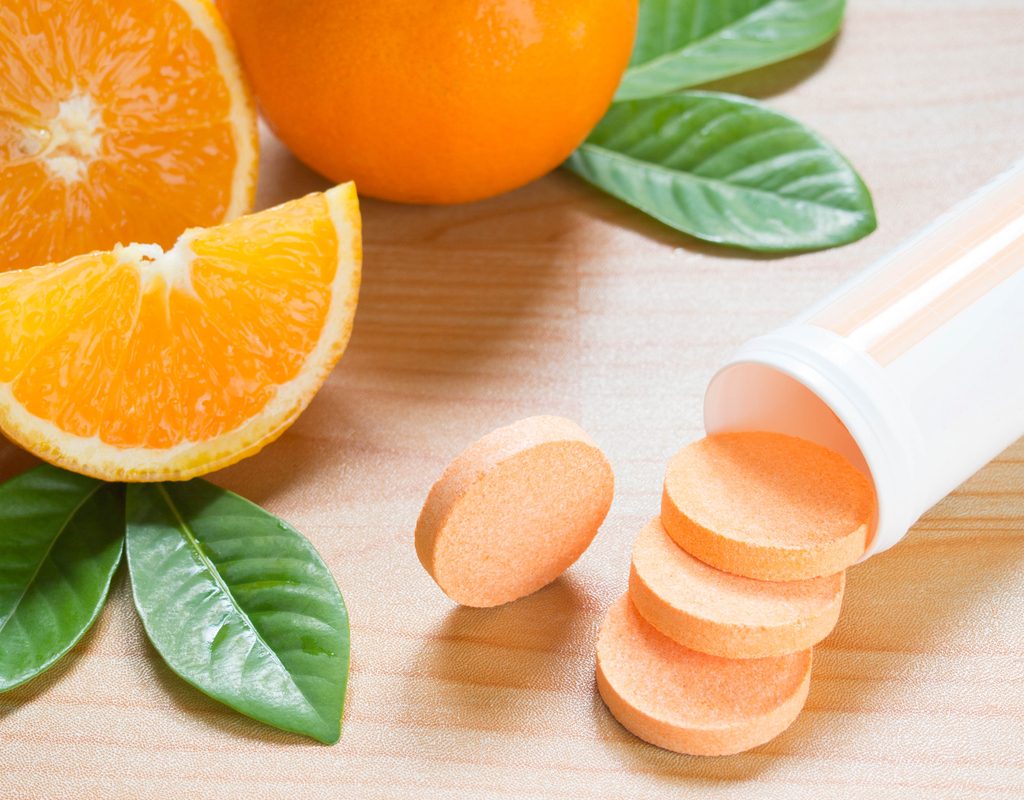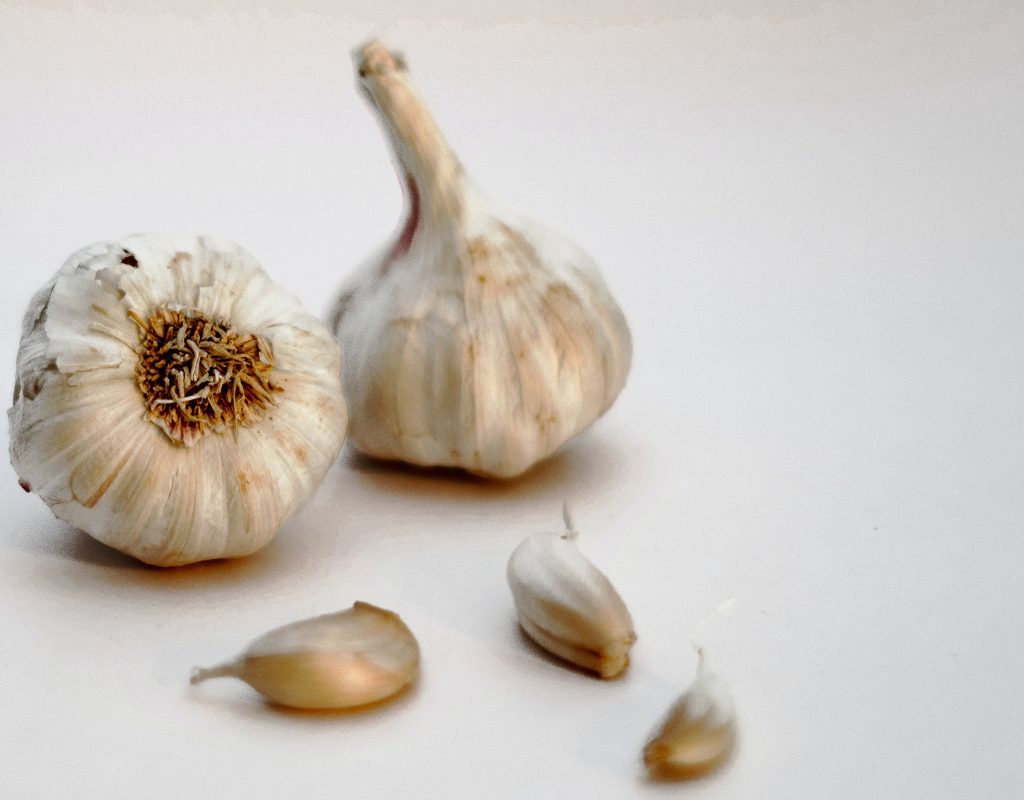
The immune system keeps the body functioning at its best, warding off all sorts of germs and diseases. Without a healthy immune system, your body becomes more vulnerable to foreign invaders that can make you sick.
There’s no one way to make your immune system work at maximum capacity all the time – if there was, sick days would be a thing of the past. This applies to nutritional supplements as much as anything else. Sadly, there isn’t a magic bullet to permanently ward off sickness and disease.
That said, some supplements can certainly promote healthy immune system functioning. Below, we outline the four best nutritional supplements to boost your immune system. In no time, your body will be fending off those pesky pathogens, keeping you healthier than ever.
What supplements can’t do
What a great world it would be if we could armor-plate our immune system by simply swallowing a few capsules. Unfortunately, it simply doesn’t work that way. If, for example, you’re not eating properly or getting enough sleep, your immune system can suffer no matter what supplements you’re taking.
According to Maxine Smith, a dietitian with the Cleveland Clinic, boosting the immune system means maintaining a healthy lifestyle in all its forms:
“A truly healthy immune system depends on a balanced healthy diet over time, like training for a battle and preparing your body ahead of time so it can throw a good punch when attacked by viruses, bacteria and toxins. Other lifestyle practices such as regular exercise and good sleep will better prepare you for the battle.”
In short, while supplements can be helpful, view them as exactly that — supplements. They can’t cure or prevent any disease, so beware of any company making claims that a given product can singlehandedly ward off every disease known to man.
That being said, these are the four best supplements to reach for, whether you’re hoping to get rid of your cold or just looking to boost your overall immune system.

Vitamin C
Vitamin C is the tried-and-true immune booster. Extensive research backs this up, with evidence showing it can support both the innate (or quick-acting) and adaptive immune systems, which respond more slowly to pathogens but create more lasting solutions (think antibodies).
Vitamin C is plentiful in the average American diet, particularly those high in fruits and veggies. Be aware, however, that many supplements pack more than the maximum recommended allowance of 2,000 milligrams. The excess is not considered harmful, but it may be unnecessary. Consider reading nutrition labels carefully or checking with your doctor to see if you’re getting enough vitamin C.
Elderberry
A 2016 study found that elderberry supplementation reduces the duration of common colds, and a 2019 report found they reduced the length of the flu as well. Elderberry clearly holds the potential to boost the immune system, encouraging it to react to pathogens more quickly.
One study even suggested that Sambucol, one of the leading elderberry extract brands, could have a protective effect on the immune systems of people with AIDS or cancer.
Echinacea
Echinacea is a supplement that’s most famous for its purported immunoprotective effects.
Although studies on echinacea have yielded mixed results, there is enough evidence to demonstrate that echinacea works in at least some people. If nothing else, it is generally safe to take. However, this supplement can cause allergic reactions, so speak with your doctor before adding it to your diet.

Garlic
People have celebrated garlic’s medicinal effects for centuries, noting its immune-boosting qualities and ability to fight inflammation in the body.
According to the University of Rochester Medical Center (URMC), garlic may also be able to help treat a host of specific conditions, including:
- Chronic bronchitis
- Recurrent colds and respiratory infections
- Chronic earaches
- Sore throat
- Sinus problems
- Flu
- Yeast infections
According to URMC, garlic can also serve as an antiseptic or antifungal.
Not every immune-boosting supplement is created equal. The immune system is a complex entity, as are the compounds and elements found in these supplements. Be sure to research, read nutrition labels, and check with your health professional before you buy. Additionally, many nutrition stores have knowledgeable staff members who can steer you in the right direction.
Listen to your body (and your doctor), and keep it fueled with everything it needs to keep you in tip-top shape.
BlissMark provides information regarding health, wellness, and beauty. The information within this article is not intended to be medical advice. Before starting any diet or exercise routine, consult your physician. If you don’t have a primary care physician, the United States Health & Human Services department has a free online tool that can help you locate a clinic in your area. We are not medical professionals, have not verified or vetted any programs, and in no way intend our content to be anything more than informative and inspiring.


